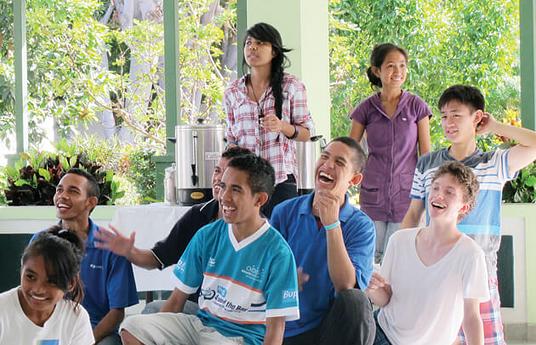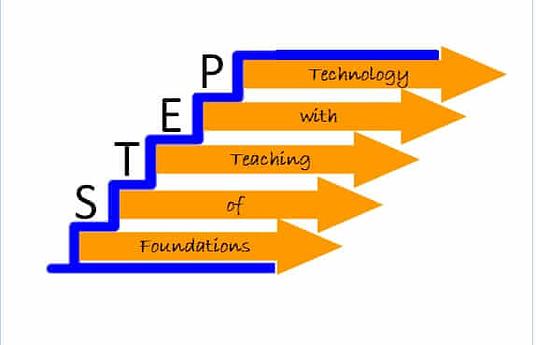South Africa is plagued with poverty and a severe skills shortage. We have abundant hands, incredible lands and a mountain of municipal waste. We can link these strategically to empower our communities. We can reclaim derelict public spaces and make them safe for our children. Our children live on the streets where they deserve spaces to grow.
We setup food security sanctuaries and Eco Havens.
We empower spaces by installing fertility as infrastructure and designing an enduring hydrological plan. The techniques used are sourced from regenerative cultures around the world. We seek to honour the old wisdom of symbiosis with Nature as opposed to dominion.
We establish clubs around the garden and sports fields to train the community in how to do this for themselves, empowering them to take their future into their own hands. We run clubs at privileged schools and use the funds to do the same in underprivileged areas. We offer FoodScapiing and EcoScaping services to patrons who can afford it and then use proceeds for projects. All moneys generated are invested back into staff and projects.
Surplus produce can then be sold or modified into higher value goods. We help setup small business practices and help to legitimise those enterprises by helping with tax registration and Financial Literacy.
All of life's most important lessons can be learned in a garden...
We are active at the following Schools:
Adolph Schauder Primary, Missionvale Primary and Elsen Academy. We have a collaboration with the Councillors Office, a Residents association and private land owners where we are rejuvenating and reclaiming parts of our derelict CBD by turning them into EcoEdu Food Security Sanctuaries and Green Lungs for the City. We have partnered with the Isithatha theatre to expand our sphere of influence and are in talks with private schools regarding more support.
Our immediate future goals: Full implementation at the 2 underprivileged schools with EcoSports Fields and food garden clubs.
Setting up green recycling hubs around the city to process green waste and then distribute it.
Restore the valley in our city which is currently crime hotspot.
We offer free educational resources to anyone willing as well as guidance where we have time and resources.
The Full Document: Biological Engineering for FoodScaping Agrihoods is great starting point, point form information and pictures to illustrate. Our techniques can be applied anywhere on a large or a small scale.
We post information to Facebook or you can mail us directly with specifics.



